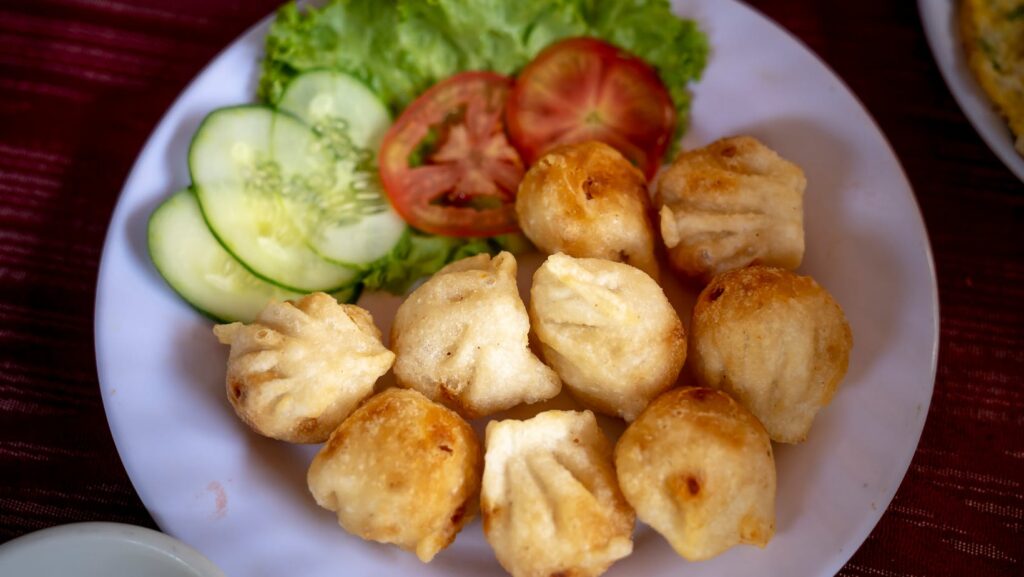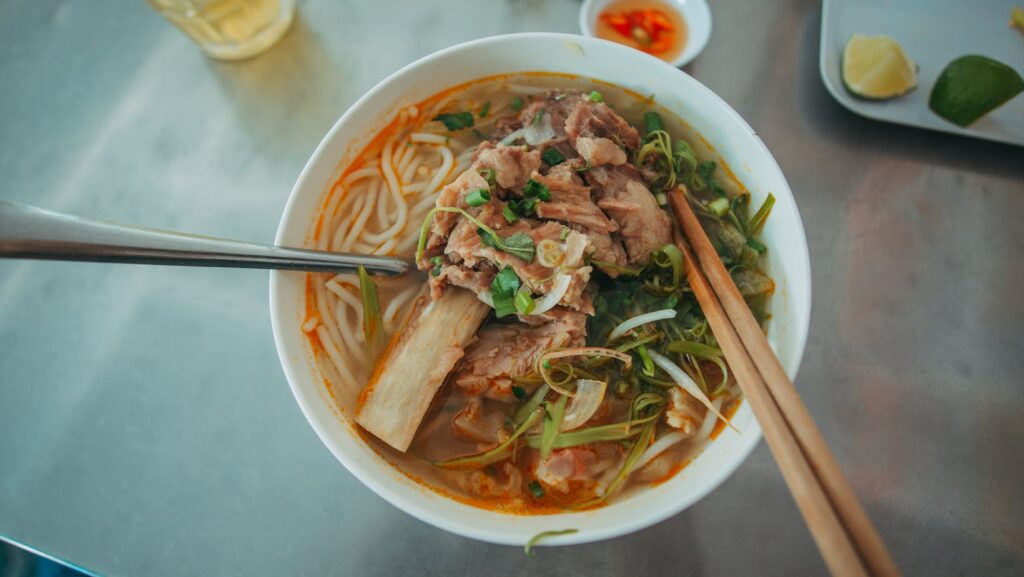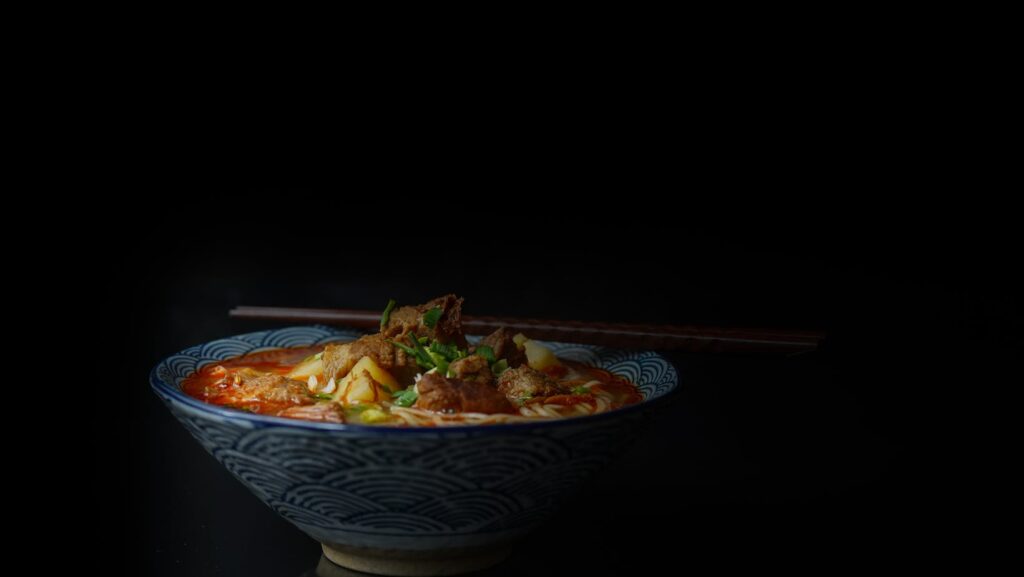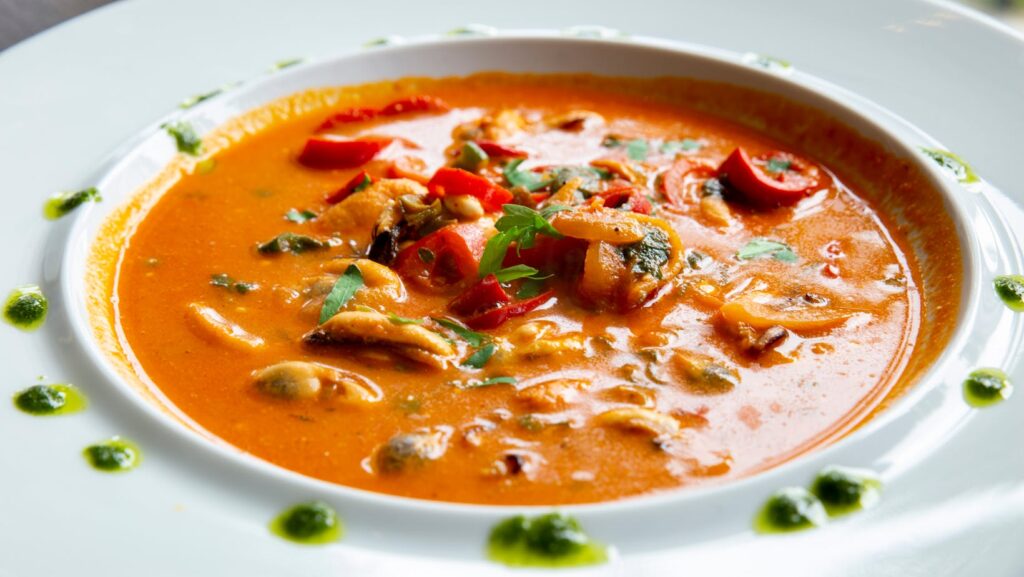Embarking on a bariatric surgery journey is no small feat. It’s a life-altering decision that requires significant adjustments, especially when it comes to your diet. As you transition through the stages post-surgery, the recipes for pureed stage of bariatric surgery can often be the most challenging.
Recipes For Pureed Stage Of Bariatric Surgery

A journey through bariatric surgery entails multiple stages, each crucial in its unique way. Among these, the pureed stage proves particularly essential in facilitating a smooth dietary transition for patients. Let’s delve into why this stage is necessary and what foods are typically included.
A salient phase, the recipes for pureed stage of bariatric surgery forms an integral part in the process of post-bariatric surgery diet progression. It occurs after the liquid diet stage, marking a transition towards regular food but with a distinctive texture and consistency. Since the body is still healing from surgical changes, the crux of this stage’s necessity lies in its minimal strain on the digestive system. It aids patients in a smoother and easier adaption to eating again while enabling a continued focus on nutrient-rich food, crucial for recovery.
Essential Nutritional Guidelines
Meeting Protein Requirements

Protein intake assumes paramount importance post-bariatric surgery. According to authoritative sources, during the pureed phase, one must aim for between 60 and 80 grams of protein each day. A diet rich in protein fosters healing and muscle retention, thereby supporting overall recovery. To meet this requirement, patients typically rely on pureed poultry and fish, non-fat dairy products, and protein supplements.
For instance, foods like pureed chicken or turkey, Greek yogurt, low-fat cottage cheese, and protein-enriched soups ensure an adequate daily protein intake. An essential tip here is to consume protein-rich foods at the start of each meal, thus guaranteeing that protein requirements are met even if the patient feels satiated before finishing the meal.
Importance of Hydration
Hydration, another key guideline, facilitates digestion and wards off dehydration, a common risk post-bariatric surgery. To promote optimal hydration, patients are advised to take in at least 64 oz (or approximately 2 liters) of fluid per day.
However, according to bariatric dietary guidelines, traditional wisdom of consuming fluids with meals must be revised during this phase. Instead, patients should drink fluids at least half an hour before or after meals, not during. This strategy prevents a sensation of fullness caused by fluids, thereby making room for nutrient-dense foods. Water, broths, or decaffeinated teas are recommended sources of hydration.
Preparing and Storing Pureed Foods
Best Practices in Food Prep

Several tips can help optimize the process of preparing pureed foods. Cooking foods until they’re extremely soft simplifies the pureeing process. Food processors, blenders, or immersion blenders prove to be valuable tools, capable of transforming even meats into a smooth, readily digested puree.
A tiny bit of liquid often aids in achieving the perfect consistency. Use the cooking liquid, broth, or approved juices judiciously until the desired texture is obtained. Just ensure they don’t contain sugar or hefty calories, and complement the puree’s nutritional profile. For example, adding chicken broth to pureed poultry boosts the protein content and enhances the overall flavor.
Long-Term Storage Tips
Proper storage of pureed food is as important as its preparation. Portion the puree into separate containers or ice cube trays. Each cube equates to approximately one-ounce serving, providing a simple method for portion control.
Freeze these portions for long-term storage. They can last for up to two months in the freezer when packed in airtight containers. With this method, patients can prepare larger batches of puree, reducing the frequency of cooking tasks.
Easy-to-Digest Meals
Navigating the recipes for pureed stage of bariatric surgery diets can be a challenge. But with the right knowledge and preparation, it’s possible to create nutritious, protein-rich meals that are easy to digest. Remember, the key lies in cooking foods until they’re very soft, pureeing them to a smooth consistency, and adding a touch of liquid for texture. Storing purees correctly is equally important.

